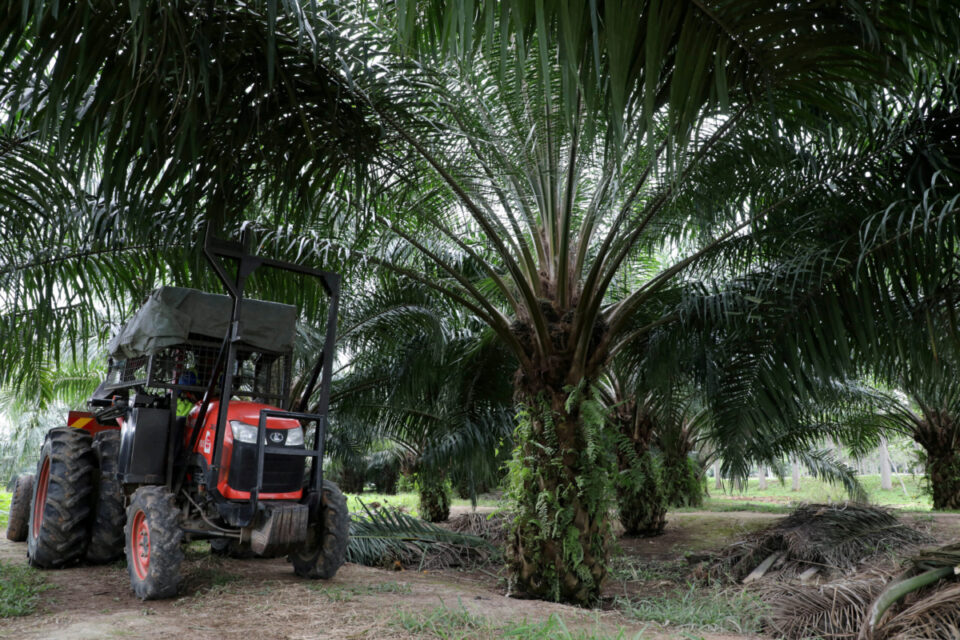KUALA LUMPUR, Feb 23 — Malaysia has never neglected environmental sustainability, especially in pursuing the opportunities offered by agricultural commodities, said Deputy Prime Minister Datuk Seri Fadillah Yusof.
Fadillah, who is also Plantation and Commodities Minister, said with the growing demand worldwide for sustainably produced commodities, Malaysia realised it is very important to balance current needs without compromising the ability of future generations to meet theirs.
“Environmental sustainability covers the whole world — the European Union (EU) wants to preserve the environment, we also want to preserve the environment and take care of the welfare of workers — it is just that when it comes to taking care or in preserving it, the standards may be different because our scenario is not the same as theirs.
“Hence, engagement must be held so that they know what our efforts are towards ensuring environmental sustainability, taking care of workers’ welfare, and the efforts we are making to lift smallholders out of poverty,” he told the media at the Global Business Forum 2023 at Berjaya Times Square Hotel here today.
Malaysia has pledged its commitment to fulfilling the environmental, social and governance (ESG) requirements that are in line with the United Nation’s Sustainable Development Goals (SDG).
“We have undertaken several measures to ensure it can be achieved and will continue to do so.
“Taking into account that oil palm is the largest commodity sector in the country, we are currently focusing to expand the Malaysia Sustainable Palm Oil (MSPO) certification scheme,” Fadillah said.
To date, MSPO certification has reached 97.93 per cent or 5.62 million hectares of planted areas while about 98.71 per cent or 458 mills in the country have also been certified.
“It is a matter of fact that palm oil offers a sustainable way to meet the world’s rising demand associated with food security, climate change, scarcity of arable land and growing population.
“As such, international markets should recognise our MSPO certification and accept our products as sustainably produced,” he stressed.
Meanwhile, the minister hopes the allocation for his ministry would not be cut in Budget 2023.
“We hope so and in fact, we are asking for more, including efforts to further diversify downstream activities so that the use of rubber and palm oil can be greatly improved and this will help increase income for smallholding farmers in particular,” Fadillah said.
In 2022, the agri-commodity sector has recorded a total trade value of RM268.1 billion with a trade balance of RM146.5 billion.
The export income from agri-commodity products stood at RM207.3 billion or equivalent to 13.4 per cent of the country’s total export income.
For the period of January to September 2022, the sector has contributed RM61.3 billion to the Malaysian gross domestic product (GDP) or 5.5 per cent of the national GDP.
— Bernama





